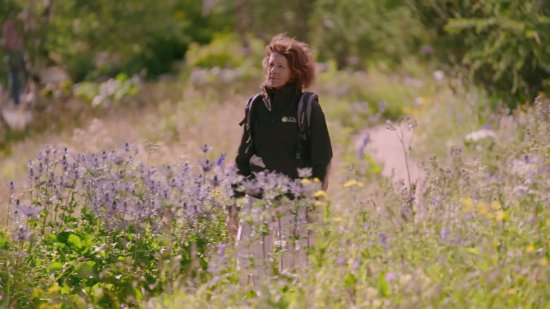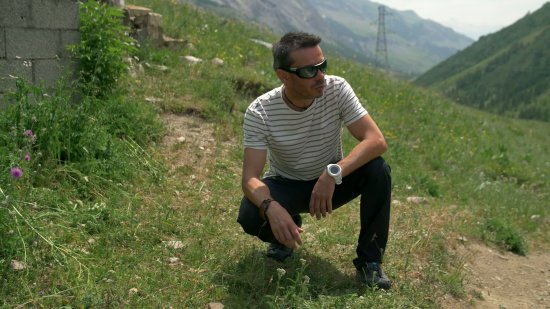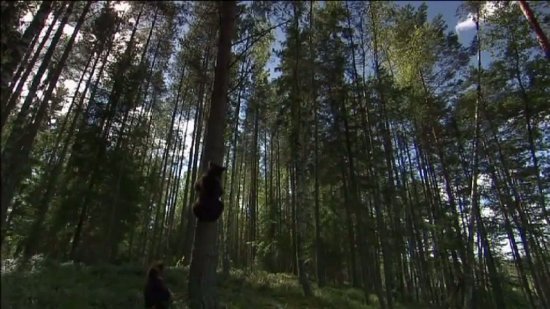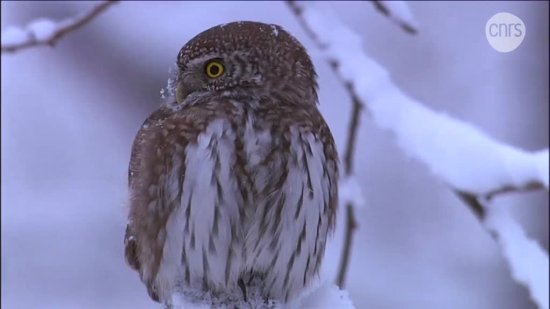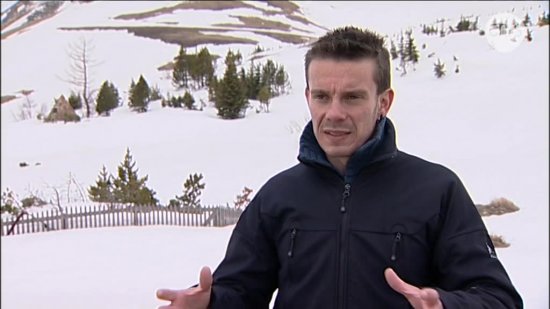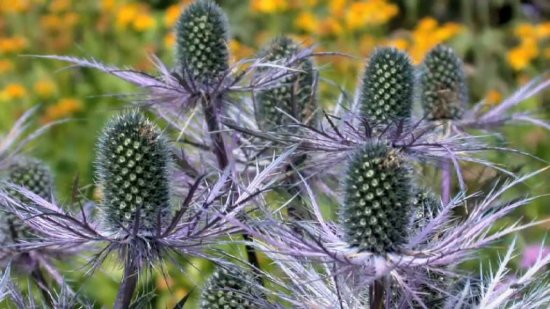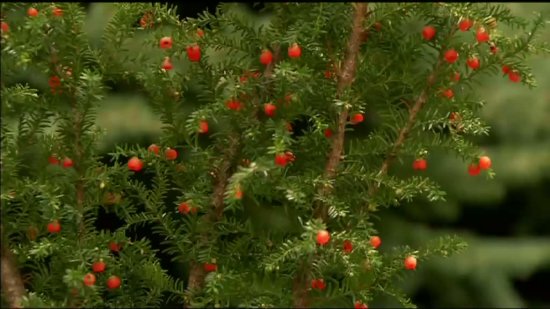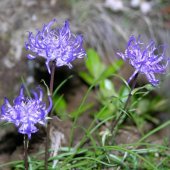
Laboratoire d'Écologie Alpine (LECA)
GRENOBLE CEDEX 9
LECA's research aims to understand the mechanisms at the origin of biodiversity, to understand its dynamics and decipher its role in the functioning of socio-ecosystems. They allow the development of models predicting the response of biodiversity to changes (climate and land use, pollution, biological invasions, ...). An important part of the LECA's activity is focused on alpine environments.

